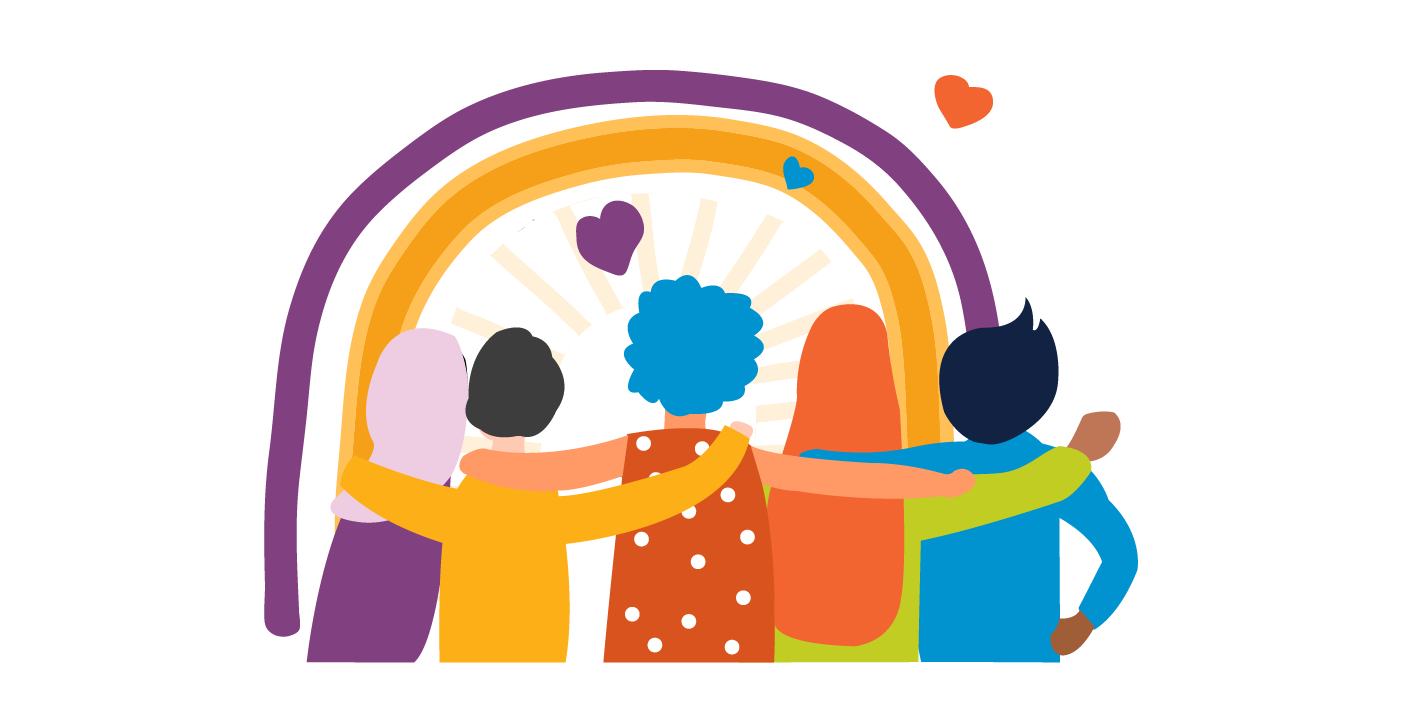Resilience: Build Skills to Endure Hardship
 Resilience is the ability to adapt to difficult situations. When stress, adversity or trauma strikes, you still experience anger, grief and pain, but you’re able to keep functioning — both physically and psychologically. However, resilience isn’t about putting up with something difficult, being stoic or figuring it out on your own. In fact, being able to reach out to others for support is a key part of being resilient.
Resilience is the ability to adapt to difficult situations. When stress, adversity or trauma strikes, you still experience anger, grief and pain, but you’re able to keep functioning — both physically and psychologically. However, resilience isn’t about putting up with something difficult, being stoic or figuring it out on your own. In fact, being able to reach out to others for support is a key part of being resilient.
Resilience and mental health
Resilience can help protect you from various mental health conditions, such as depression and anxiety. Resilience can also help offset factors that increase the risk of mental health conditions, such as being bullied or previous trauma. If you have an existing mental health condition, being resilient can improve your coping ability.
Tips to improve your resilience
If you’d like to become more resilient, consider these tips:
Get connected.
Building strong, positive relationships with loved ones and friends can provide you with needed support, guidance and acceptance in good and bad times. Establish other important connections by volunteering or joining a faith or spiritual community.
Make every day meaningful.
Do something that gives you a sense of accomplishment and purpose every day. Set clear, achievable goals to help you look toward the future with meaning.
Learn from experience.
Think of how you’ve coped with hardships in the past. Consider the skills and strategies that helped you through difficult times. You might even write about past experiences in a journal to help you identify positive and negative behavior patterns — and guide your future behavior.
Remain hopeful.
You can’t change the past, but you can always look toward the future. Accepting and even anticipating change makes it easier to adapt and view new challenges with less anxiety.
Take care of yourself.
Tend to your own needs and feelings. Participate in activities and hobbies you enjoy. Include physical activity in your daily routine. Get plenty of sleep and create consistent bedtime rituals. Eat a healthy diet. Practice stress management and relaxation techniques, such as yoga, meditation, guided imagery, deep breathing or prayer.
Be proactive.
Don’t ignore your problems. Instead, figure out what needs to be done, make a plan and take action. Although it can take time to recover from a major setback, traumatic event or loss, know that your situation can improve if you work at it.
When to seek professional advice
Becoming more resilient takes time and practice. If you don’t feel you’re making progress — or you don’t know where to start — consider talking to a mental health professional. With guidance, you can improve your resiliency and mental well-being.
Excerpted from “Resilience: Build Skills to Endure Hardship” from the Mayo Clinic. Read the full article online.
Source: Mayo Clinic | Resilience: Build Skills to Endure Hardship, https://www.mayoclinic.org/tests-procedures/resilience-training/in-depth/resilience/art-20046311 | © 1998-2023 Mayo Foundation for Medical Education and Research (MFMER)
A screening can help you determine if you or someone you care about should contact a mental health professional. Care Coordinators can arrange a free 30-minute Care Consultation so you can explore options with an expert. Call or email us at 650.688.3625 or careteam@chconline.org to set up an initial Consultation appointment.






